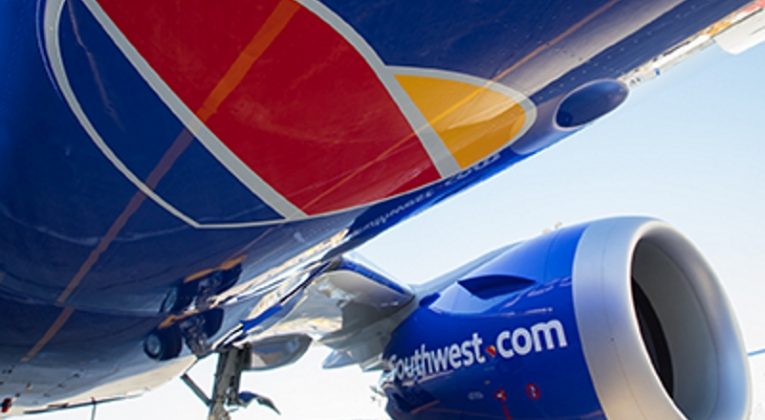Warren Buffet, one of the world’s best known and most successful investors, has a wildly variable relationship with the airline industry, dating back to his ill-timed investment in USAir, in 1989, which underperformed his return-on-investment expectations. He’s been a fierce critic of the industry ever since, regularly fulminating against airline investments, as he did in this 2002 interview with The Telegraph:
(T)he airline business has been extraordinary. It has eaten up capital over the past century like almost no other business because people seem to keep coming back to it and putting fresh money in. You’ve got huge fixed costs, you’ve got strong labor unions and you’ve got commodity pricing. That is not a great recipe for success. I have an 800 (free call) number now that I call if I get the urge to buy an airline stock. I call at two in the morning and I say: ‘My name is Warren and I’m an aeroholic.’ And then they talk me down.
As recently as 2013, Buffett was still warning against the folly of putting money into the airline industry. “Investors have poured their money into airlines and airline manufacturers for 100 years with terrible results. It’s been a death trap for investors.”
As of a year ago, however, Buffet’s Berkshire Hathaway holding company had purchased 45.5 million shares of American, 60 million shares of Delta, 43.2 million shares of Southwest, and almost 29 million shares of United Continental.
Related:
Accounting for Buffet’s pivot from seller to buyer is easy: consolidation. Today, following years of bankruptcies and mergers, 80 percent of the country’s domestic air traffic is controlled by just four airlines: American, Delta, Southwest, United. The balance of pricing power has shifted from the consumer to the airlines. And because the industry has become an oligopoly, the outlook is for continued profitability for years to come.
From Investor to Owner?
But investing in an airline and owning and airline are two different things. For Buffet, outright ownership would be a pivot of a different magnitude. And yet according to CNBC, just last month he allowed that “I wouldn’t rule out owning an entire airline.”
Which airline might that be? A Wall Street analyst quoted in the CNBC article dubs Southwest “the most logical candidate,” based on Buffet’s established record of buying companies with solid cash flows, sustainable competitive advantages, and strong management teams. Delta was mentioned as a possible second choice.
In its latest annual letter, Berkshire Hathaway already had accumulated more than $3 billion in Southwest stock. And in the same report, Buffet expressed frustration that Berkshire was sitting on $116 billion in cash and short-term Treasury bills. “This extraordinary liquidity earns only a pittance and is far beyond the level Charlie (Buffet’s partner) and I wish Berkshire to have. Our smiles will broaden when we have redeployed Berkshire’s excess funds into more productive assets.”
Southwest could just be that “more productive asset.”
After 20 years working in the travel industry, and almost that long writing about it, Tim Winship knows a thing or two about travel. Follow him on Twitter @twinship.
This article first appeared on SmarterTravel.com, where Tim is Editor-at-Large.


